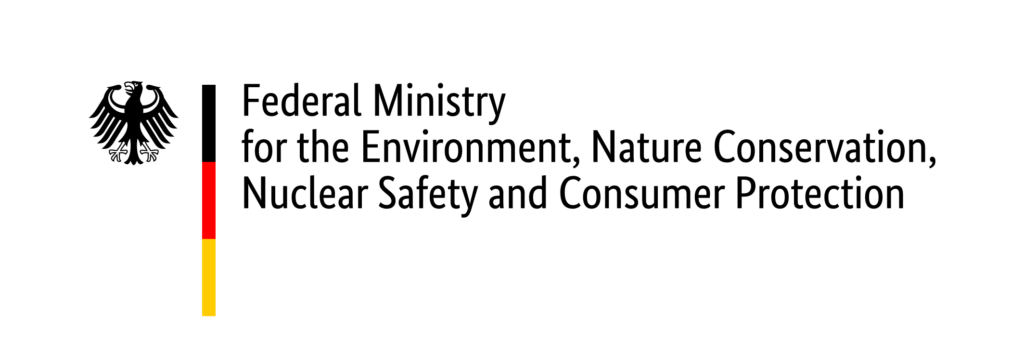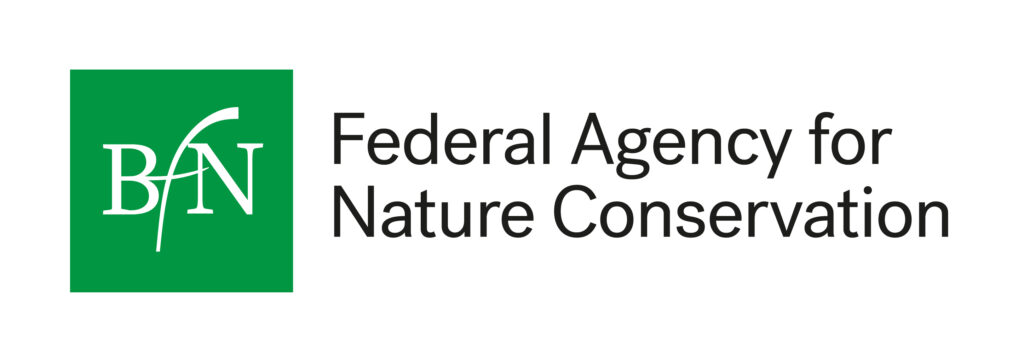Linking biodiversity, pastoralism, and cultural heritage through education for sustainable development (ESD) in the Carpathian Region



Duration: 2024 – 2027
Lead Partner: Secretariat of the Carpathian Convention
Funding: Advisory Assistance Programme (AAP) provided by the Federal Ministry for the Environment, Nature Conservation, Nuclear Safety and Consumer Protection of Germany
Donor Project webpage: Linking biodiversity, pastoralism, and cultural heritage through education for sustainable development (ESD) in the Carpathian Region
Project description:
This project seeks to further the Carpathian Convention’s aims by linking activities to protect and promote biodiversity, pastoralism, and cultural heritage through education for sustainable development (ESD) and thus enabling synergies between activities in these three fields. The project seeks to foster transnational and multisectoral cooperation, increase awareness of pastoralism and traditional ecological knowledge, assess the state of educational resources and training structures for pastoralists and educators as well as improve alignment between the Convention and the relevant EU and global frameworks. Its outputs will include a regional expert group, regional stocktakes, information materials and events, contributions to platforms on pastoralism and biodiversity as well as recommendations for the Convention’s policies. The project will utilize existing regional networks of experts and protected areas to focus on the intersection of pastoralism, biodiversity, and ESD. It will bring cross-sectoral collaboration into the Convention’s working groups and support civil society, including vulnerable groups involved in biodiversity-pastoral activities.
Facilitating such interlinkages will ultimately contribute to the Carpathian Vision 2050: “By 2050, the Carpathians is a thriving and sustainable region where people live in harmony with nature. The biodiversity and natural beauty of the Carpathians are conserved, restored, and wisely used, providing a healthy environment and essential ecosystems services for all people of the region and beyond.”
The project goals are to:
- boost institutional alignment within and between the Carpathian Convention and other international frameworks for linking biodiversity and pastoralism
- support the inscription process of Carpathian pastoral-related practices to the UNESCO Intangible Cultural Heritage List
- strengthen transnational multi-sectoral and transdisciplinary cooperation and knowledge exchange in the Carpathians for linking biodiversity and pastoralism
- raise awareness about education and training resources related to pastoralism and biodiversity in the Carpathians.
The following implementing partners are engaged to strengthen the impact of the project:
1. Science for the Carpathians (S4C) network, including the Faculty of Social and Economic Sciences, Comenius University, Slovakia; Roma Environmental Sustainability and Development Initiative, Slovakia (RESDI)
2. Dr. Ioana Baskerville, Romanian Academy, Iasi Branch; National Focal Point of the Ministry of Culture of Romania for the 2003 UNESCO Convention and associate professor of cultural anthropology at the Alexandru Ioan Cuza University of Iasi
3. Carpathian Network of Protected Areas (CNPA), including Retezat National Park, Romania, and Carpathian Biosphere Reserve, Ukraine.
4. Information Center “Green Dossier”
5. Boglárka Kurka Ivanegová, Chair of Špirála – Network of Environmental Education Providers in Slovakia
6. Euromontana
Implemented project activities (ongoing):
Additional background documents and links about Carpathian Convention ESD and pastoralism-related activities:
- Webpage: Carpathian Convention topic on awareness raising, education, and public participation
- Webpage: Carpathian Day
- Brief: The Carpathian Convention and its Activities Related to Pastoralism
- Meeting: Towards Carpathian Pastoralism nomination under the UNESCO Intangible Cultural Heritage List of Humanity – Introductory online meeting
*This project is funded by the German Federal Environment Ministry’s Advisory Assistance Programme (AAP) for environmental protection in the countries of Central and Eastern Europe, the Caucasus and Central Asia and other countries neighbouring the European Union. It is supervised by the German Federal Agency for Nature Conservation and by the German Environment Agency. The responsibility for the content of this publication lies with the authors.
Vienna Programme Office
Secretariat of the Carpathian Convention
UN Environmnent
Vienna International Centre
PO Box 500
A – 1400 Vienna
Tel: +43 1 260 60 83038
Mail: info.carpathianconvention@un.org
Large Carnivores
Education for Sustainable Development
© Secretariat of the Carpathian Convention
POWERED BY:

